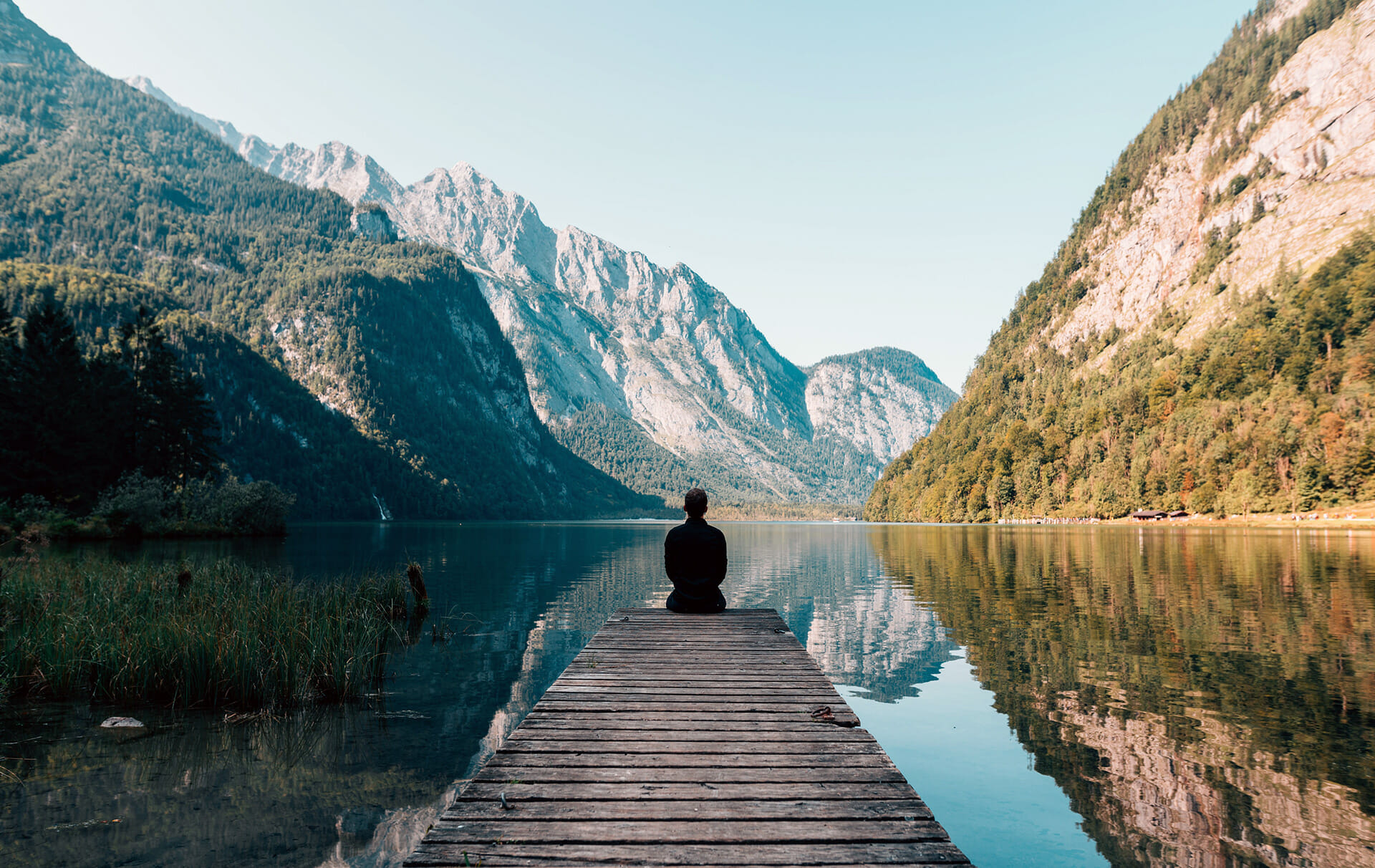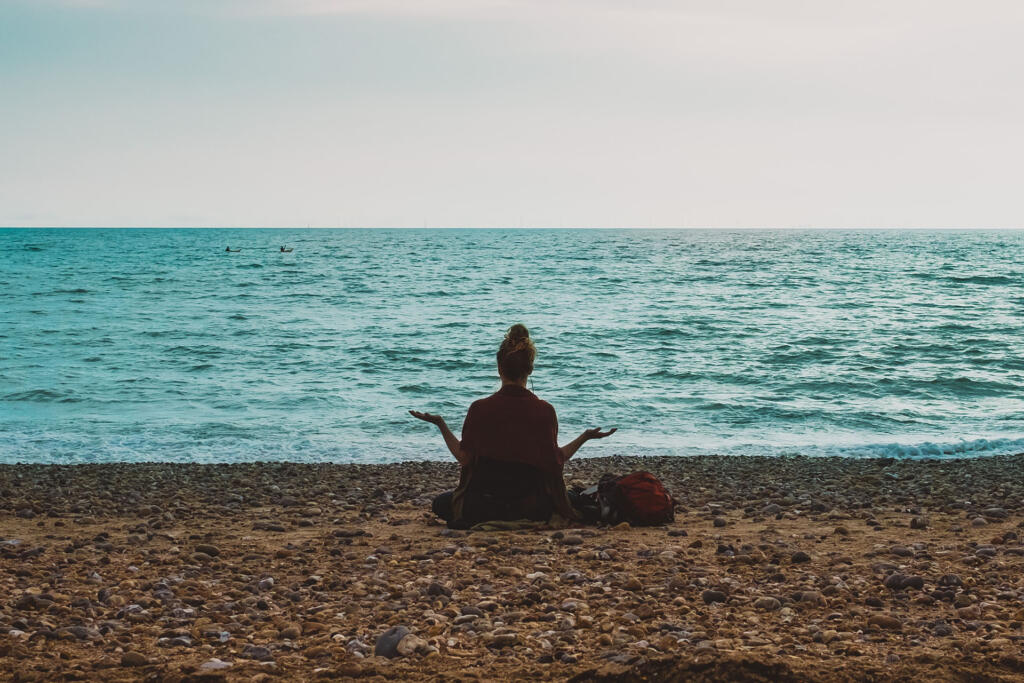
The third side of the coin
14. May 2020
Becoming happier with gratitude
7. July 2020Burnout is a physical illness that affects more and more people, and this for the most diverse reasons. Many people feel overwhelmed in their job or fail due to the double burden of family and professional obligations.
This is often due to the fact that people place very high demands on themselves and then suddenly feel an inner emptiness after a while and suffer from various physical ailments. The physical symptoms are very diverse and range from exhaustion to sleep disorders, frequent dissatisfaction or increasing indifference, inner withdrawal and feelings of helplessness, worthlessness and senselessness.
It is important to recognise burnout symptoms early on and to take appropriate measures to free yourself from this spiral and give your body new strength. There are various burnout strategies that can help you to cope better with everyday life again and to achieve a new sense of well-being.
Sport and exercise
An important element is exercise and sporting activity. Anyone who is overstrained in everyday life carries a high level of stress within them. The aim should be to balance this stress level. Sport is a sensible method to combat the stress hormones present in the body.
Both adrenalin and cortisol are broken down in the process. In order for the desired effect to set in, the sports units should be carried out at regular intervals. This means training for 45 to 60 minutes on at least four days a week. Sports such as cycling, swimming or running have proven to be particularly effective. In addition, sports have a positive effect on the quality of sleep, which is important for the body’s regeneration.
Balanced nutrition
A healthy diet is the second building block. For the body to function properly and be able to defend itself against harmful influences, it needs a sufficient supply of nutrients. Accordingly, the diet should contain a high proportion of vital substances with vitamins, minerals and trace elements. These are mainly supplied by healthy fruit and vegetables.
In addition, you should drink enough water daily and avoid unhealthy stimulants such as alcohol, caffeine and cigarettes. Foods with a high sugar and fat content are also unfavourable and put additional stress on the body. Carbohydrates should be obtained primarily from healthy whole grain products.
Allow a time-out
Of course it is also important to allow yourself sufficient rest periods. This starts with a restful sleep. The night’s rest should last at least seven to eight hours.
It is best to sleep at temperatures around 18 degrees, in a darkened room and under banishment of any electronic devices. To find peace of mind, you can get off repetitive thoughts by taking notes and then simply going over them the next day.

In order to find further inner peace and to fight emotional exhaustion, meditation and mindfulness exercises can help. Doing them, the areas of the brain responsible for stress processing are specifically addressed. It is best to integrate 15 to 30 minutes for these exercises into the daily routine. Carried out in the morning after getting up, the exercises also ensure a positive and stress-free start to the day.
Resolving conflicts
Problems and conflicts can also be very stressful, have a lasting effect on the psyche and increase burnout. Therefore, one should try to face the problems and address them openly. This is the only way to find solutions and conflicts will no longer be a burden. A familiar circle of solid social contacts as well as a healthy family environment also ensures a better quality of life and more satisfaction in everyday life.
Removing the pressure
Finally, one should accept that nobody is perfect. This is the best way to counteract the pressure to perform. Own weaknesses should be accepted and put in a positive light.
This leads to a significant deceleration and more serenity. You should also not take on too many tasks at once and find the courage to say “No“. This makes your own way of working more effective and reduces the stress.
As soon as you notice that everything is getting too much for you and you have reached a point where you feel drained despite all the precautions you have taken, it is time to pull the emergency brake. The best thing is to take a few days off in order to allow oneself the necessary recovery. A change of scenery can also help to forget everyday life and recharge your batteries.

